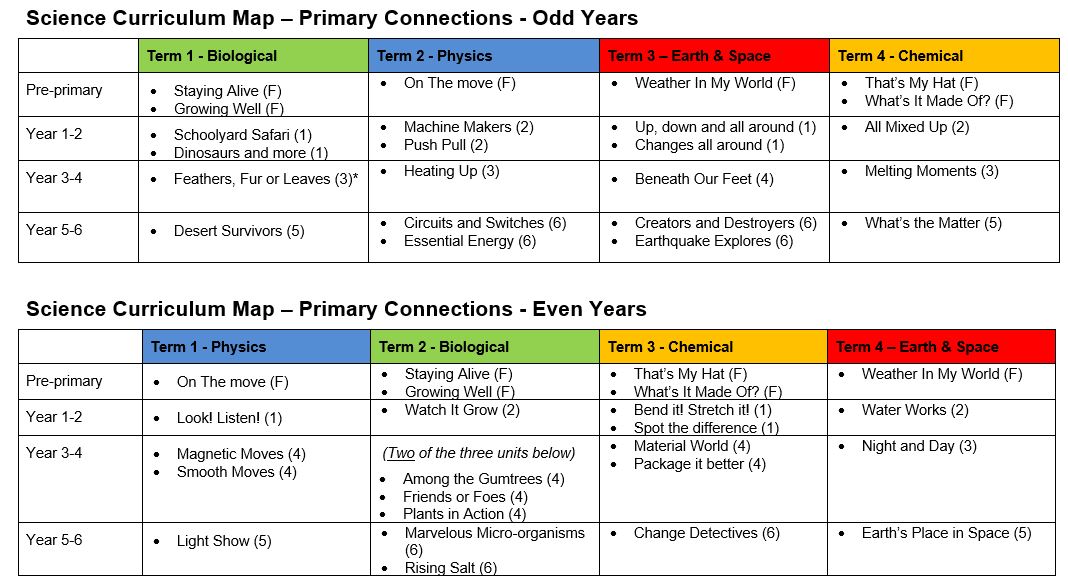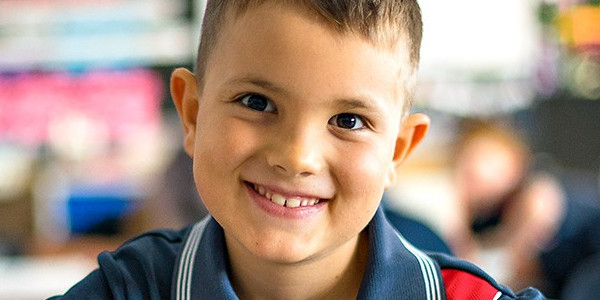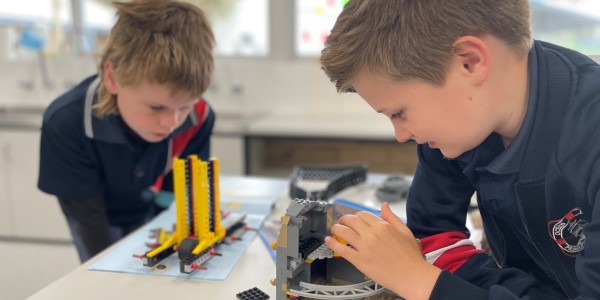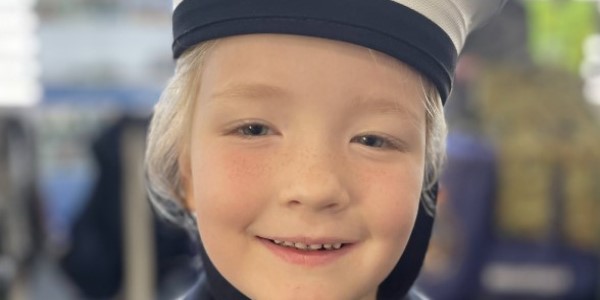At Ocean Reef Primary School, through our science lessons we aim to ensure that students develop:
- an interest in science as a means of expanding their curiosity and willingness to explore, ask questions about and speculate on the changing world in which they live
- an understanding of the vision that science provides of the nature of living things, of the Earth and its place in the cosmos, and of the physical and chemical processes that explain the behaviour of all material things
- an understanding of the nature of scientific inquiry and the ability to use a range of scientific inquiry methods, including questioning; planning and conducting experiments and investigations based on ethical principles; collecting and analysing data; evaluating results; and drawing critical, evidence-based conclusions
- an ability to communicate scientific understanding and findings to a range of audiences, to justify ideas on the basis of evidence, and to evaluate and debate scientific arguments and claims
- an ability to solve problems and make informed, evidence-based decisions about current and future applications of science while taking into account ethical and social implications of decisions
- an understanding of historical and cultural contributions to science as well as contemporary science issues and activities and an understanding of the diversity of careers related to science
- a solid foundation of knowledge of the biological, chemical, physical, Earth and space sciences, including being able to select and integrate the scientific knowledge and methods needed to explain and predict phenomena, to apply that understanding to new situations and events, and to appreciate the dynamic nature of science knowledge.
The Western Australian Curriculum: Science has three interrelated strands: Science Understanding, Science as a Human Endeavour and Science Inquiry Skills.
The content in the Science Inquiry Skills strand is described in two-year bands. There are five sub-strands of Science Inquiry Skills. These are:
- Questioning and predicting: Identifying and constructing questions, proposing hypotheses and suggesting possible outcomes.
- Planning and conducting: Making decisions regarding how to investigate or solve a problem and carrying out an investigation, including the collection of data.
- Processing and analysing data and information: Representing data in meaningful and useful ways; identifying trends, patterns and relationships in data, and using this evidence to justify conclusions.
- Evaluating: Considering the quality of available evidence and the merit or significance of a claim, proposition or conclusion with reference to that evidence.
- Communicating: Conveying information or ideas to others through appropriate representations, text types and modes.
Together, the three strands of the science curriculum provide students with understanding, knowledge and skills through which they can develop a scientific view of the world. Students are challenged to explore science, its concepts, nature and uses through clearly described inquiry processes.
At Ocean Reef, all of our lessons are taught in our amazing Science Lab which was refurbished at the start of 2019. The three strands of the curriculum are taught every year, but the content is planned in a two-year cycle to accommodate our school structure.






